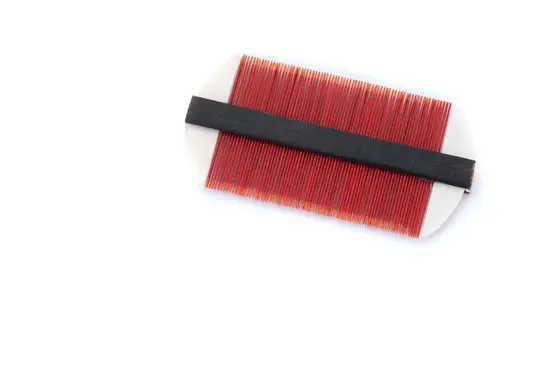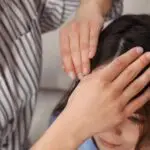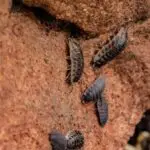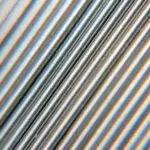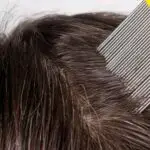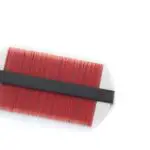Are Head Lice Harmful to Humans?
Despite the misconception, head lice are not dangerous to humans. They do not spread any disease, but they can cause itching and disturbances in sleep. Also, excessive scratching can result in secondary infections. Therefore, it is important to understand the symptoms of head lice infestation. Fortunately, there are a few treatments for head lice that you can try at home.
Medicated head lice treatments are available over the counter or through your doctor. These medications are highly effective but require that you follow the directions carefully. Before applying any medication, make sure you thoroughly wet the hair with a towel. Then, separate it into sections, starting at the scalp and working your way down. After each comb-through, wipe your head with a moist paper towel.
If your child is experiencing head lice, the best way to avoid spreading the parasite is to keep your child away from the person who has them. Children often have contact with one another in daycare or school. It is crucial to follow instructions for treatment and educate your entire family. This will ensure that you can eliminate any infestation in a timely manner.
Head lice are small and wingless insects that feed on human blood from the scalp. The female head louse lays her eggs on the hair shaft at about 1/4 of an inch (5 millimeters) from the scalp. Once the eggs hatch, the nymphs become mature adults in three to four weeks. While head lice do not transmit any disease to humans, they can cause itchy skin and even secondary bacterial infections if not treated.
